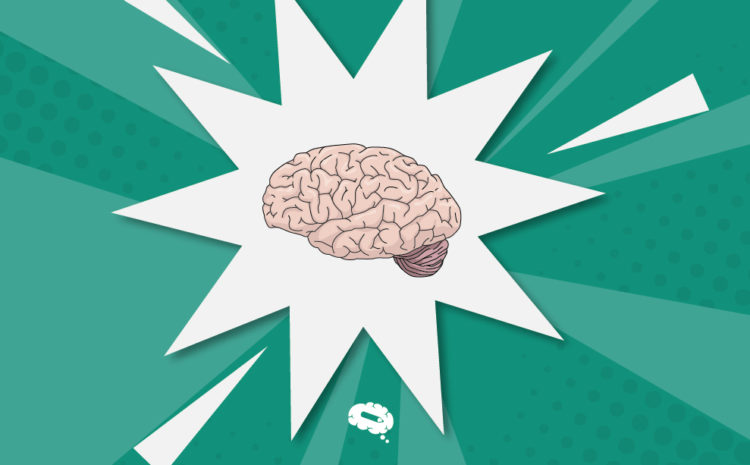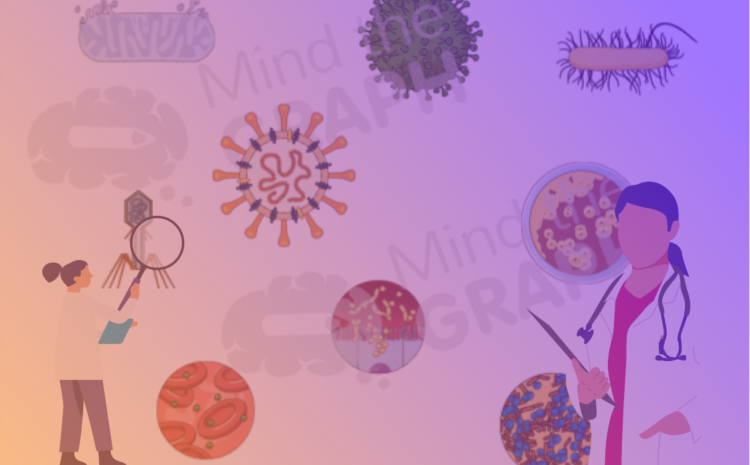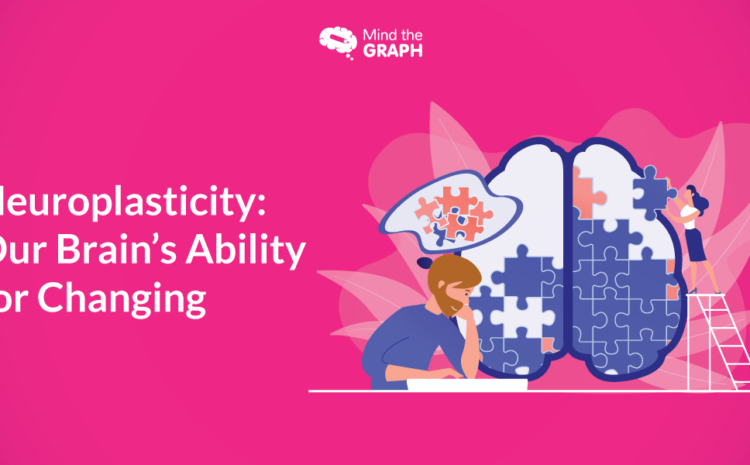Short breaks can increase your brain power.
Please take a short break right now and give your mind some time to focus and learn a new skill.
Check out Mind the Graph Gallery illustrations related to the topic of this blog post. Click on the image below!

An NIH-funded study investigated the brain activity associated with learning a new skill and demonstrated why taking short breaks has become a crucial element of the learning process.
Interruptions of rest breaks during practice are linked to a stronger consolidation of skills. There is no understanding of how the brain combines different actions into spatially defined skill sequences during breaks.
In order to gain insight into this unknown process, researchers assessed magnetoencephalography in the context of the development and rapid consolidation of a motor skill.
Study findings suggest that practice, as well as awake rest, play an important role in acquiring new skills. Our brains seem to compress and consolidate memories during these breaks.
The study’s senior author and NIH’s National Institute of Neurological Disorders and Stroke (NINDS) senior investigator, Leonardo G. Cohen and team, have discovered something new that will definitely contribute to our understanding of neurological disorders and how they can be improved.
The study: How the brain plays back memories compressed from just practicing

Their aim was to discover the mechanisms that underlie memory enhancement during wakeful sleep. The replaying of neural activity appears to be the basis for several forms of memory.
Dr. Cohen’s team recorded brain waves from 33 healthy, right-handed participants while they tested a code with their left hands using a highly sensitive scan called magnetoencephalography.
Subjects were given the digits 41234, shown on a screen for 10 seconds, and asked to write the code down as many times as they could for 10 seconds, followed by a break of 10 seconds. They repeated the process 35 times, alternately practicing and resting.
After this experiment, they found that the subject’s ability to correctly type the code greatly improved and then plateaued after the 11th attempt.
Using a special computer program developed by the team, they were able to determine how the brain processes each of the test numbers.
A much faster version of the brain activity during typing was reflected during breaks, as shown by the program; it was about 20 times faster than that seen during typing.
A two to threefold increase in activity occurred after the experiments were completed. More frequent replays resulted in faster performance jumps than less frequent replays in subjects’ brains.
In all of the waking rest periods examined, there were neural replays of the entire trained sequence. In contrast, there was a difference in detection rates with replay duration.
Study findings showed that the replay activity was most often located in the sensorimotor regions of the brain, the part of the brain that regulates movement. Furthermore, the hippocampus and the entorhinal cortex also have a role to play in replaying memories.
The results demonstrate the presence of hippocampal-neocortical replays that contribute to the rapid consolidation of skills in wakefulness. This was the most surprising element of the study. During waking rest, researchers have found that manipulating replay activity may be an excellent strategy in aiding rehabilitation after stroke by enabling individuals to learn new skills more quickly.
In the reference given below, you can find out more about their research and findings.
DOI: https://doi.org/10.1016/j.celrep.2021.109193

Subscribe to our newsletter
Exclusive high quality content about effective visual
communication in science.




